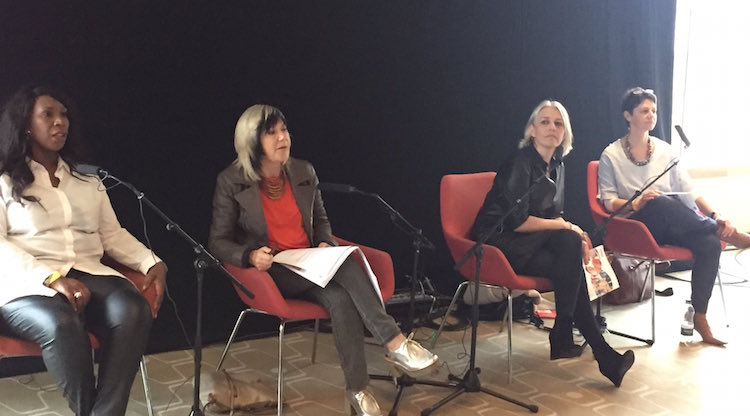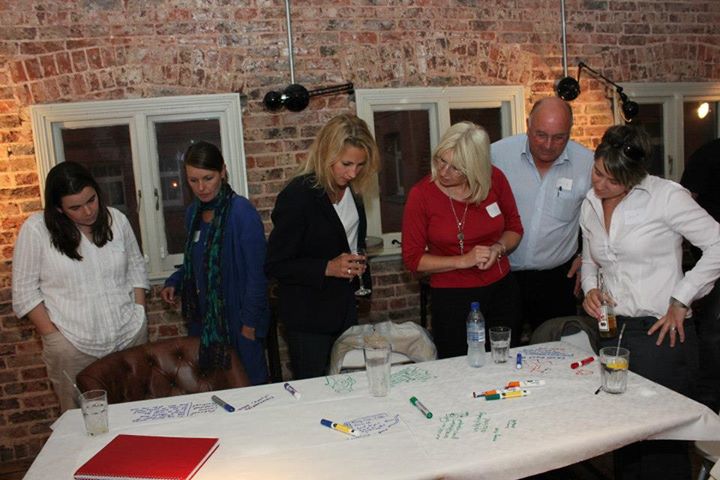Lose weight! Get fit! Start saving!
It’s that time of year again – the time of New Year resolutions and goal-setting. This year, though, let’s do something different and focus on habits instead.
Think of a goal as a result you want to achieve. And habits – the things you do regularly without even thinking about it - as the process that will get you there. Of course, goals are crucial in helping you determine the direction you want to do, but it’s far more important to spend time designing the right process.
With habits, thinking small can be the best way to bring about big change. Behaviour Scientist at Stanford University, BJ Fogg, invented the method of creating Tiny Habits. His philosophy is that motivation is only temporary and the easiest way to make a habit stick is to tack it onto an existing habit. BJ Fogg describes a tiny habit as a behaviour you do at least once a day, that takes you less than 30 seconds and one that requires little effort.
The habit-formation technique of ‘pairing’ is one form of automation that I personally use. When I turn on my computer in the morning, I check my bank account online. It’s a manual action but it’s so ingrained in me now that it’s an automatic habit – I do it without thinking.
My work as a financial coach is often focused on working with people who want to change their financial results, sometimes having buried their head in the sand with their finances for several years. This usually involves helping them change their behaviour with money and form new, positive habits that requires small and consistent action – small, because it’s more achievable; and consistent, because this helps habits ‘stick’.
read more














